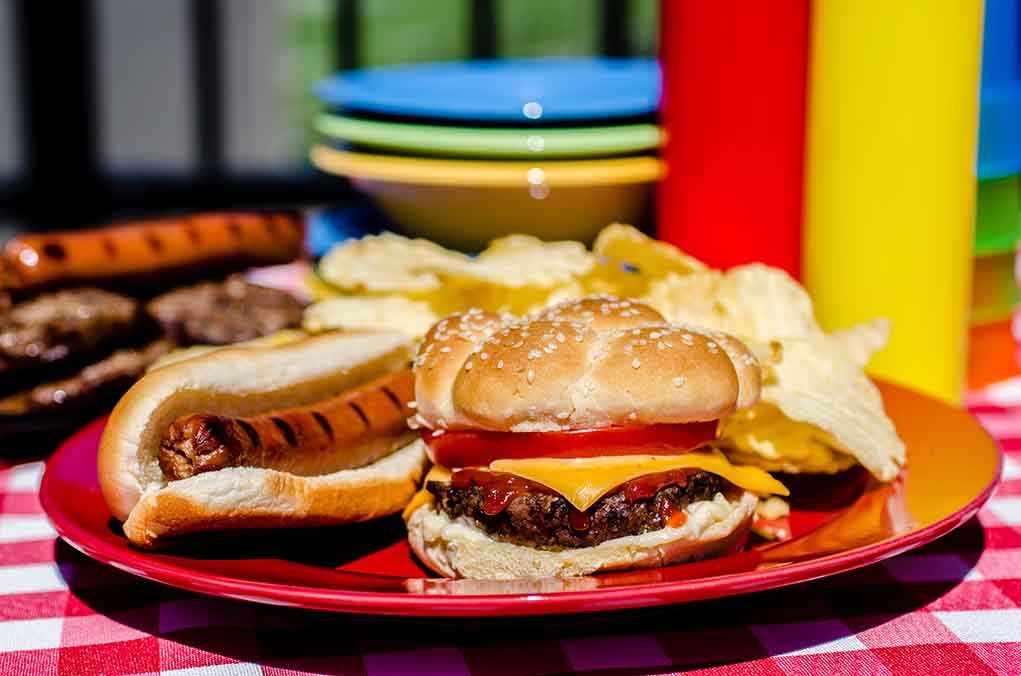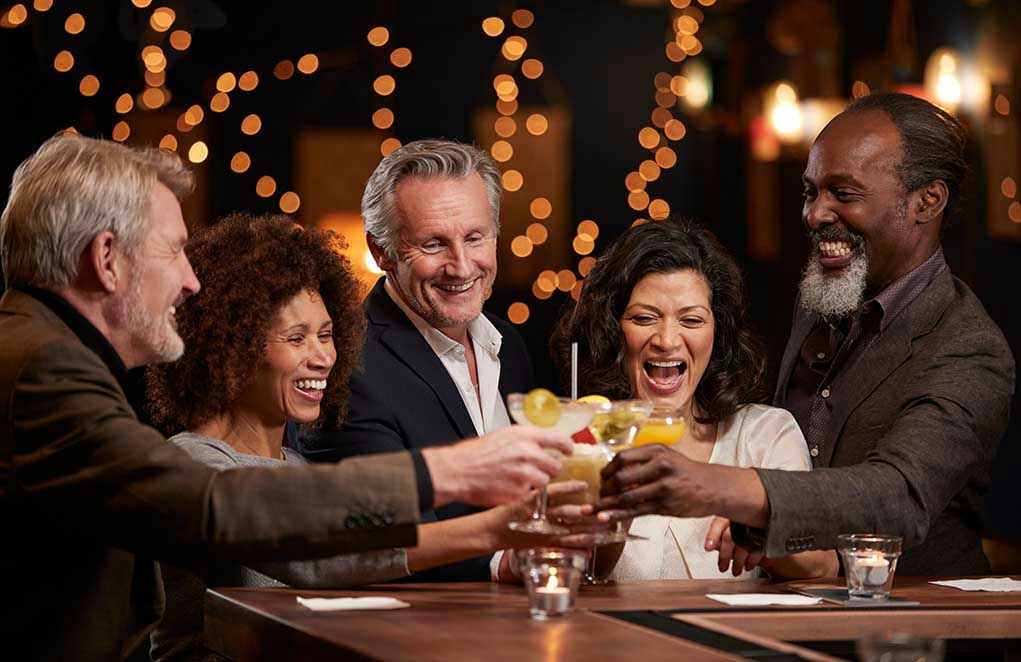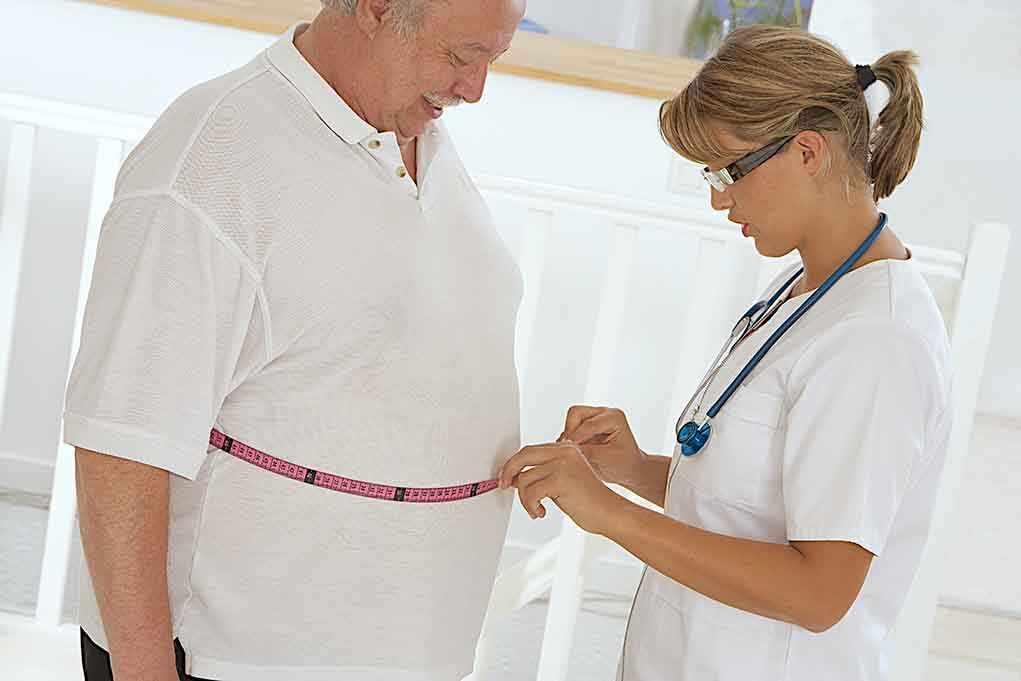
Can your backyard barbecue be the secret villain in your health saga, quietly plotting behind the smoke and sizzle?
At a Glance
- Grilling can lead to aluminum exposure and carcinogen formation.
- Health authorities recommend alternatives to aluminum foil for certain foods.
- Gas grills are favored over charcoal for reducing harmful compounds.
- Marinating meats can cut down on carcinogen formation.
The Grilling Dilemma: Gas vs. Charcoal
Picture this: a sunny afternoon, the tantalizing scent of grilled meat wafting through the air, and you, grill tongs in hand, faced with a decision as old as the summer barbecue itself. Gas or charcoal? It turns out, this choice is more than just a matter of taste or tradition. Recent studies have brought to light the health implications of our grilling habits, stirring the pot on our summer cookouts. The focus is on two main villains: aluminum exposure and carcinogenic compounds.
Charcoal grills, the old-school classic, are notorious for producing polycyclic aromatic hydrocarbons (PAHs) and heterocyclic aromatic amines (HAAs), both linked to cancer risks. Gas grills, on the other hand, are touted for their cleaner burn. But don’t throw the lid on your charcoal grill just yet; there are ways to minimize these risks, like opting for indirect heat and marinating your meats.
Aluminum: The Unseen Culprit
Aluminum foil, that shiny kitchen staple, is convenient but comes with its own set of concerns. When used for grilling, especially with salty or acidic foods, aluminum can leach into your meals. Health authorities like the European Food Safety Authority (EFSA) and the World Health Organization (WHO) have set limits on safe aluminum intake, and while occasional use is deemed safe, frequent exposure could be problematic.
For those steadfast in their foil loyalty, there’s a compromise. Use a baking paper barrier or better yet, swap aluminum for stainless steel or ceramic trays when grilling. These options not only reduce aluminum exposure but also keep your food tasting just as delicious.
Staying Safe While Grilling
So, how does one grill safely without sacrificing flavor or convenience? It’s simpler than you might think. For starters, marinating your meats is a tasty way to reduce HAA formation. Opt for gas grills when possible, as they produce fewer PAHs compared to their charcoal counterparts. Avoid direct flame contact and let the fat drip away to ensure those carcinogens stay off your plate.
Moreover, remember that grilling is not just about the equipment or the method; it’s also about the experience. With a few mindful tweaks, you can enjoy the full flavor of your food while minimizing health risks. Fire up the grill, invite the neighbors, and relish the art of a safer, yet still delicious, BBQ.











